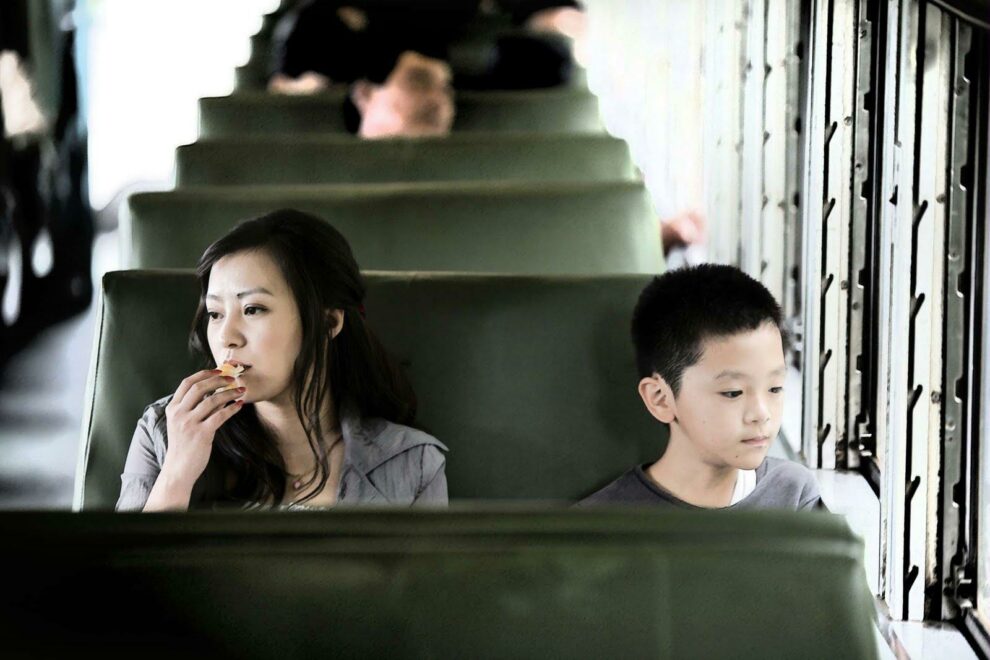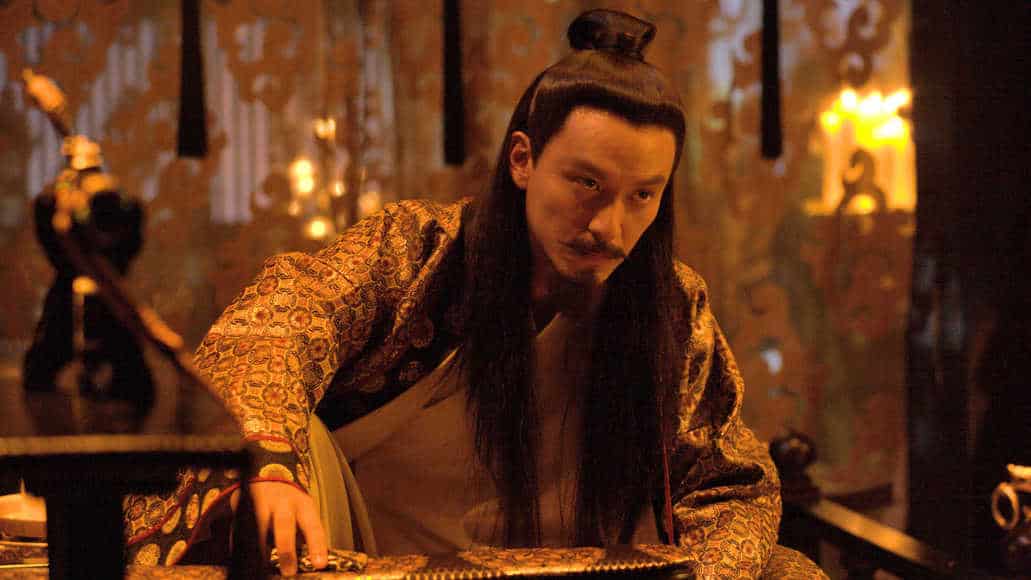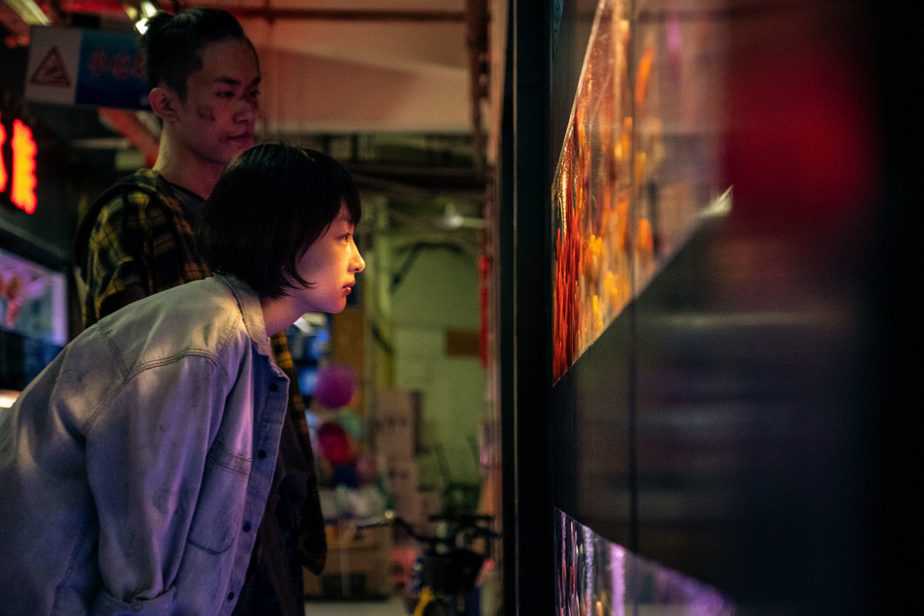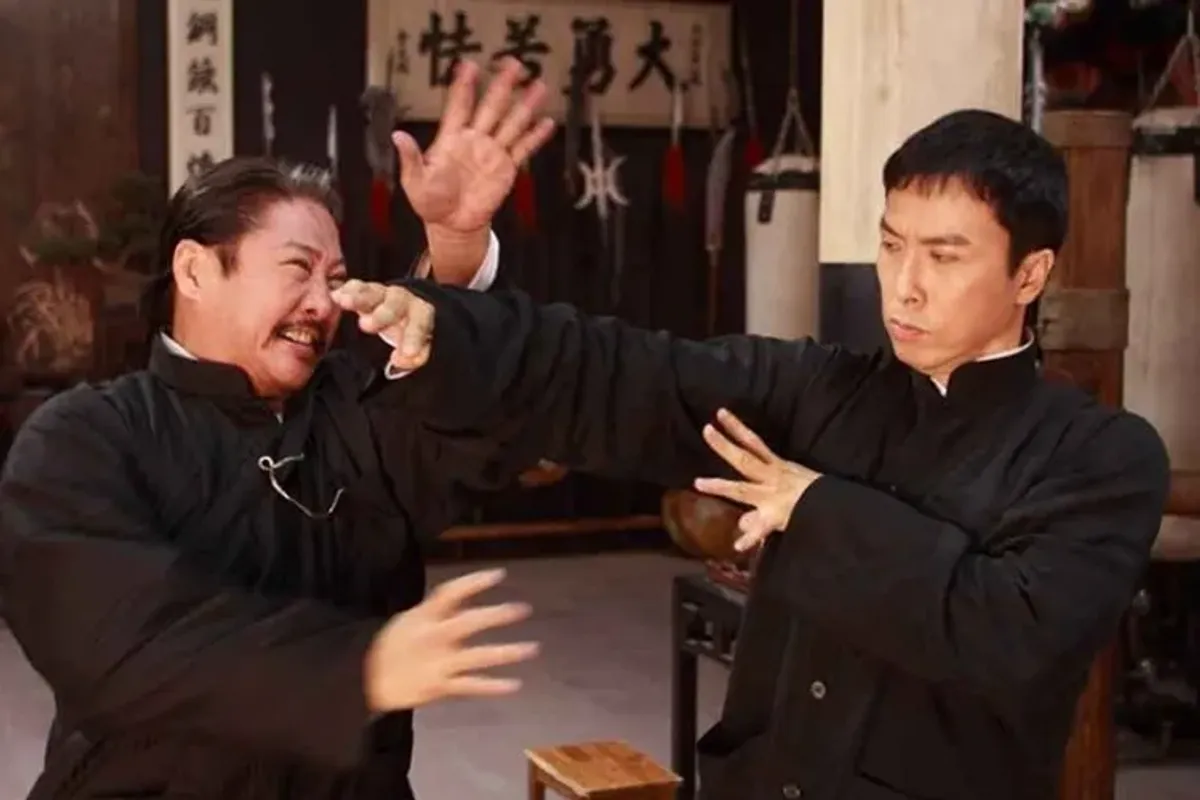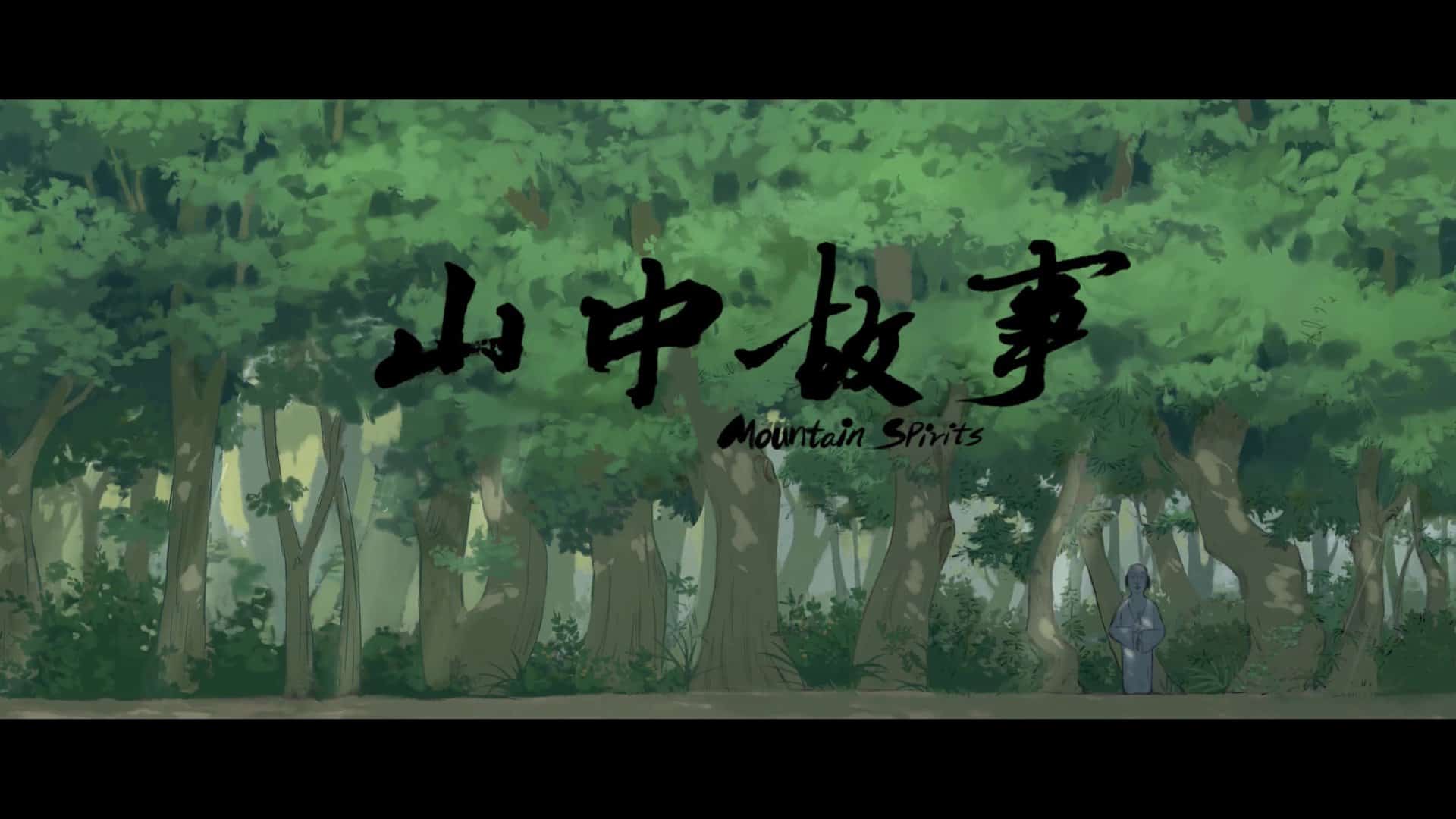Drawing inspiration from his 2006 documentary “Doctor”, “The Fourth Portrait” cemented Chung Mong-hong's prowess as one of the most significant Taiwanese contemporary directors, screening in festivals all over the world, and earning him numerous awards, both locally and internationally.
Follow our tribute to Taiwanese by clicking on the image below
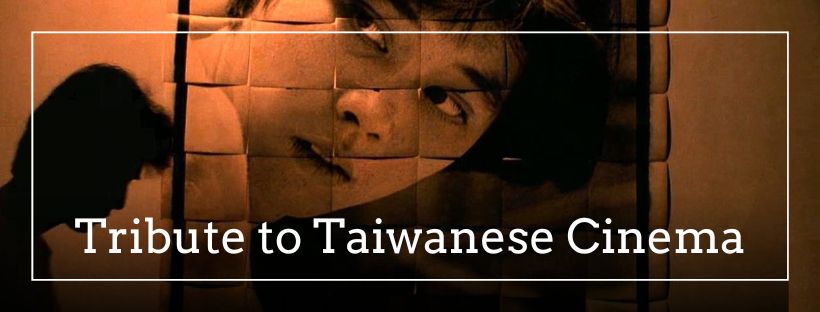
Ten-year-old Xiao Xiang finds himself on his own when his father passes away. His sorrow and overall perplexion regarding his future, as much as a broken promise to the deceased lead him to create the first of the four portraits that give the movie its title. Soon, he finds himself under the wing of old janitor Chang, who tries to teach him proper manners, while pilfering from abandoned buildings in order to sustain himself and the boy. While Xiao Xiang finds some sort of balance, his estranged mother, Chun-Lan, appears out of nowhere to take him to live with her and her new husband. Considering that she works as a prostitute and he is resentful and violent, the circumstances are not exactly ideal for the boy, who also faces problems in school, just before he befriends a petty thief, a cheerful simpleton who goes by the name “Big Gun” in his mind and “Short and fat petty thief” in everyone else's.
Probably the best asset of the movie, as it is actually in all of Chung Mong-hong's works either as a director or DP, is the cinematography, with the job done in the particular department being truly exquisite. One has to watch the scenes with the two toilets or the dialogue between the mother and the teacher to realize how meaningful and intricate the framing is, but the whole visual approach actually is a wonder to look at, with the distance of the camera, the coloring, the use of light and the shadows all being ideal.
Check also this interview
In terms of context, Chung centers his movie on the kid and his rather difficult situation, inducing, however, the narrative with a rather smart (if somewhat crude) sense of comedy, and a number of twists that are both well placed and add depth to the story. The concept of the brother in particular is rather well embedded, also functioning as a catalyst for a number of the most impactful scenes in the movie. These include, apart from the aforementioned in the school, the one with the stepfather and the policeman, and the one between him and Xiao Xiang, both of which highlight the overall character of the latter, in eloquent but also quite realistically dark fashion.
Also of note is the overall acting here, with Chung ‘exploiting' his actors in the most impressive fashion. Bi Xiao-hai is astonishing as Xiao Xiang, with him exhibiting a wide gamut of feelings and psychological statuses in the most convincing way, while as the recipient of violence, both verbal and physical, his performance goes even beyond. Also of note are his interactions with his teacher in school, Huang, with their rapport as exhibited in the painting scene and the one with the ‘recital' being among the most memorable in the film, also due to the chemistry he exhibits with (perhaps too good looking) Terri Kwan in the role.
Leon Dai as the stepfather highlights his duplicity and the sense of danger he emits from every move and every word in excellent fashion, while Lei Hai as Chun-Lan depicts her struggle between being a mother and not wishing to be one, as much as her trauma, quite convincingly. King Shih-Chieh adds a sense of measure as Chang, probably the most parental figure Xiao Xiang interacts with in the whole film. Lastly, Na Dou-Lin as ‘Big Gun' is the main source of comedy here, despite the fact that his practices are quite despicable.
Shin-Ching Lo's editing results in a relatively slow pace that suits the story nicely, although some transitions are abrupt to say the least, as the one with the mother's appearance, while the titular portraits, in the end emerge more as footnotes than something organically included in the narrative.
Apart from those minor issues, though, “The Fourth Portrait” is an excellent movie that bolsters an intriguing story, exquisite cinematography, and is rather well-acted and directed, in another testament to Chung Mong-hong filmmaking abilities.


